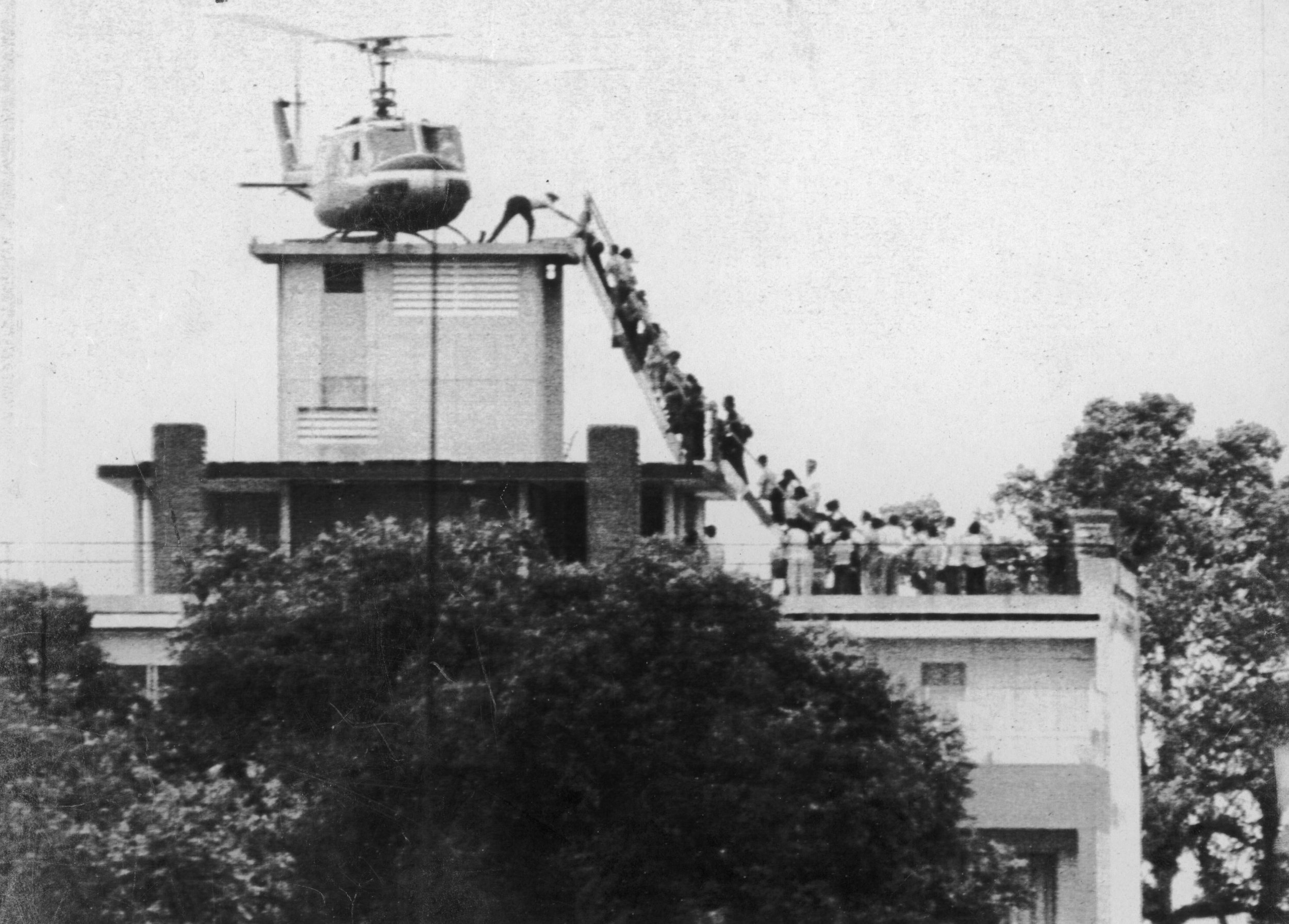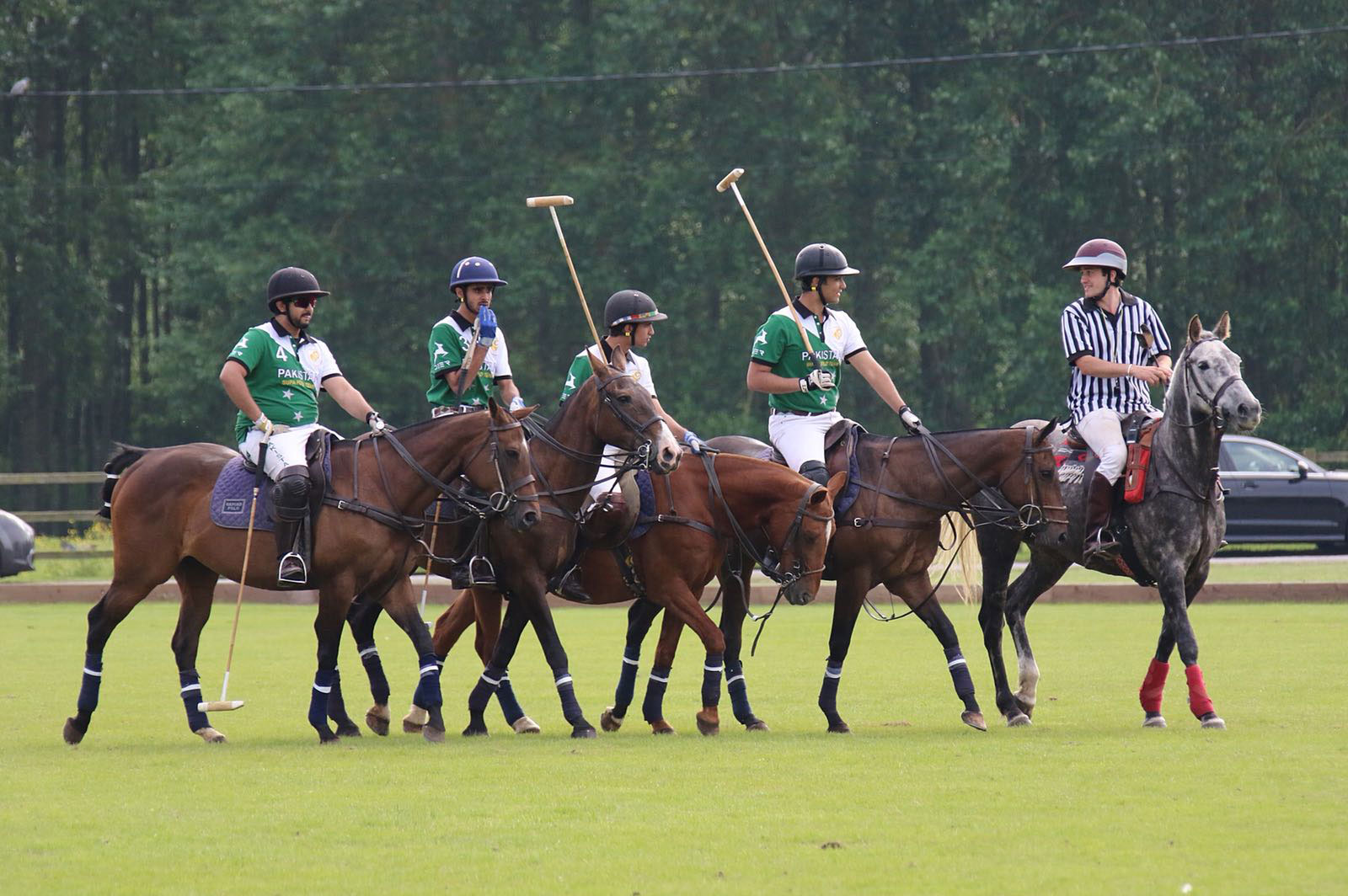We Have Just Been Handed the Pentagon Papers of Our Generation
The Afghanistan Papers are a devastating indictment of our military and political leaders. The question is: Will anyone notice?
… Earlier this week, we learned that our leaders also knew the war was a fiasco, doomed to fail. But, unlike many of us, they chose not to speak out. Instead, as The Washington Post revealed in a series of stunning articles based on what it has labeled the Afghanistan Papers—a trove of previously classified documents that it is calling a “secret history of the war”—dozens of consecutive generals and senior US officials had repeatedly lied about, omitted, and obfuscated the facts to give an illusion of progress in that war.
Examples abound. As early as 2003, Bush’s hawkish secretary of defense, Donald Rumsfeld, apparently admitted, “I have no visibility into who the bad guys are” in Afghanistan. More than a decade later, during the late Obama years, retired Army Lt. Gen. Doug Lute (once the Afghan War “czar”), conceded to one of the interviewers, “We didn’t have the foggiest notion of what we were undertaking.” Perhaps even more troubling, in a throwback to Vietnam War–era stat-fudging, one unnamed army colonel confessed, “Every data point was altered to present the best picture possible.”
… In a real republic, these papers would be explosive, triggering investigations, denunciations, and serious policy conversations. The Senate would hold a lengthy inquest, such as the Fulbright hearings on Vietnam or the Church Committee on CIA abuses, in addition to producing substantive reports similar to the 9/11 commission or the McCain/Feinstein CIA torture report. But I’m skeptical. If this Afghan disclosure doesn’t generate thorough investigation and accountability, can the concerned citizenry ever again count on Congress? Probably not.
The same question might be asked of our news media. Major publications still give prominent placement to the vacuous mea culpas from prominent Afghan war commanders, like David Petraeus, and the big three cable networks offer unlimited time to the should-be-discredited likes of Petraeus, Stanley McChrystal, and a litany of other Bush/Obama-era military and intelligence officials. Meanwhile, folks like myself, Scott Horton, Matthew Hoh, retired colonels Andrew Bacevich, and Daniel Davis—who were right all along about the war in Afghanistan—struggle mightily to place a rare column in the major newspapers. The game is rigged.
… Long ago, after the insane, absurd advice he received from his senior military advisers in the Bay of Pigs and Cuban missile crisis fiascos, President John F. Kennedy, himself a decorated World War II veteran, wisely concluded, “The first thing I’m going to tell my successor, is watch the generals, to avoid feeling that just because they’re military men, their opinions on military matters are worth a damn.”
I, for one, will be hard-pressed to ever trust them again. Much of the blood of a war that shouldn’t have been fought, and that they might have stopped, lies on their hands.
Major Danny Sjursen is a US Army strategist and former history instructor at West Point. He served tours with reconnaissance units in Iraq and Afghanistan. NOTE: The views expressed in this article are those of the author in an unofficial capacity and do not reflect the official policy or position of the Command and General Staff College, Department of the Army, Department of Defense, or the US government. 



